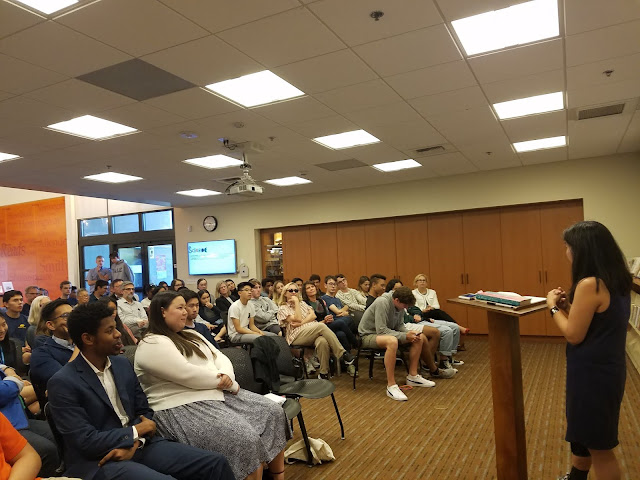Reflection on Lost World by Kalyanee Mam
This past week, I had the pleasure of hearing Kalyanee Mam, the creator of the award-winning film A River Changes Course , speak and screen her newest film, Lost World . To begin the event, Mam asked the audience, “What is home to you?” Members of the audience responded with common ideas about parents, friends, safety. One said it was where their family is, the next where laughter is heard, and a third where worries are absent. The unifying theme was one of security in place, where home is a constant, guaranteed. The relevance of this conversation would become clear with our watching of her film Lost World . Where we members of the audience found comfort in things beyond the strictly physical nature of our planet, the subjects of her film grieved losing the very land beneath their feet, the soil that supported the ecosystems of those that came before them. We came to understand that, to conceptualize home as something that supersedes terrestrial elements, we must first have precisely ...

